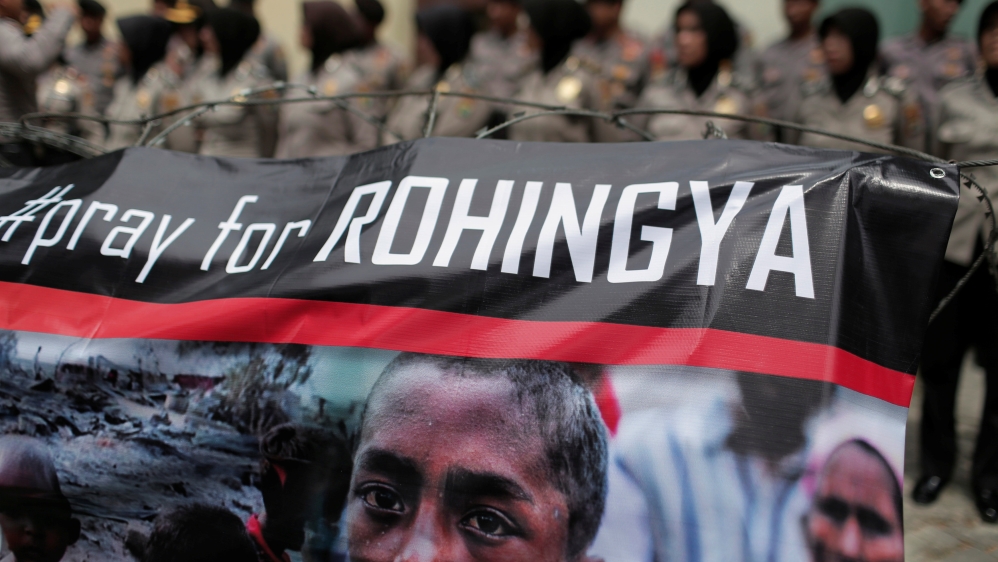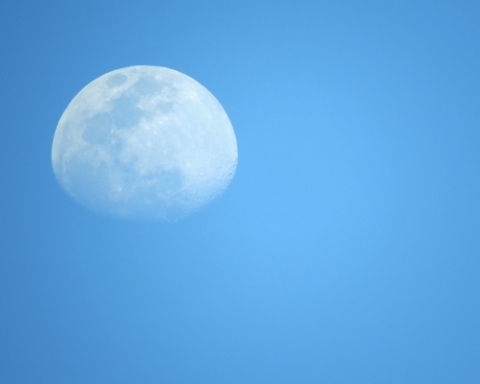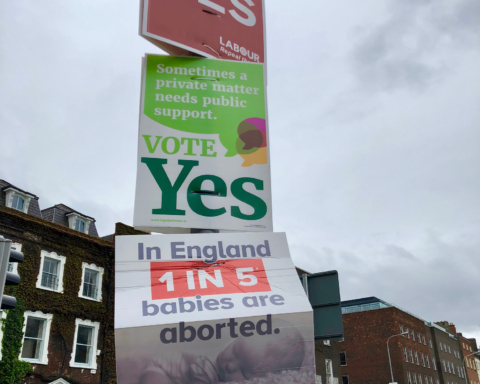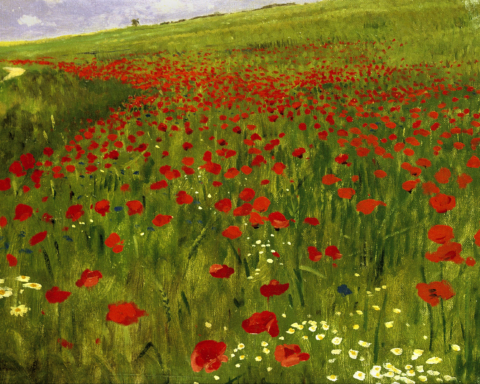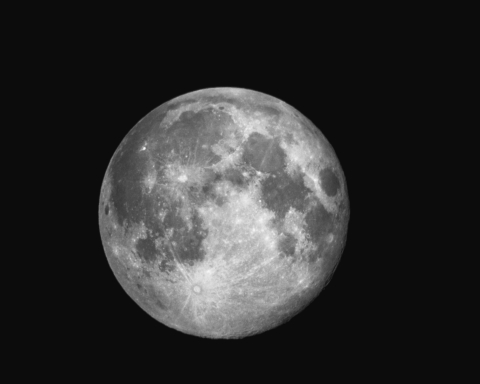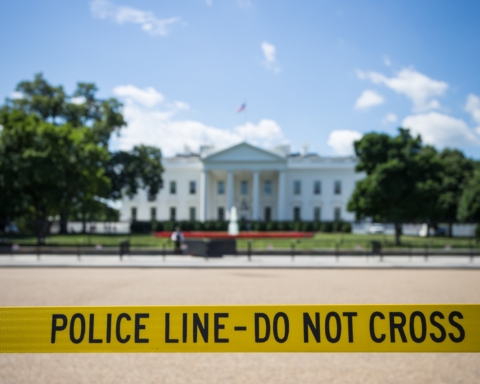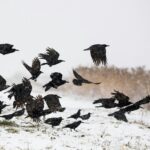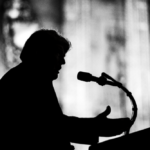What sign of progress is it
when videos gone viral
capture every shooting
we’re helpless to prevent?
Our only choice: to watch,
refuting every frame,
or look at what we see,
bearing collective witness.
Car keys, a toy, a wallet—
some everyday possession
looks just like a gun…
Who wouldn’t freeze, shoot first?
—Yes, all can be explained
away, ingeniously,
each prop or passerby
vital to the moment.
Who’s lost, who’s culpable?
The audio fades or fails—
The action’s blurred, unsteady,
the watchful eye relentless
&, right on cue, it happens:
a firearm’s discharged—
though we close our eyes,
though the view is shaky.
There’ll be protests, altercations,
alerts & interviews
Am I Next? scrawled in chalk
beside a body’s outline
& flashing on phones & screens,
footage that never ends…
Who calls for an indictment?
Who’s listening? Who mourns?
Soon, when twilight vigils
fill the public square,
challenging a narrative
that casts blame on the dead,
the crowd will raise its cell phones,
so many they’ll look like stars
viewed from far away—
the distance of history.
Held high, what will they offer?
The light of evidence,
the need for a just verdict,
the promise of contrition,
but the dead keep adding up
& the shootings will go on,
just as they always did,
obscure & unrecorded.
Surveillant of lawful murder,
indifferent to truth, unmoved,
essential & ineffective,
you shine light but change nothing…
What must change in us
who share collective witness
to all this grief & guilt
inexorable as ever?
Poems from Ned Balbo’s most recent book, Upcycling Paumanok (Measure Press, 2016), were recently posted at Poetry Daily and Verse Daily. His third book, The Trials of Edgar Poe and Other Poems (Story Line), received the Poets’ Prize and Donald Justice Prize. 3 Nights of the Perseids (forthcoming from University of Evansville Press) was selected for the 2018 Richard Wilbur Award. He is married to poet-essayist Jane Satterfield.
Photo by Alice Donovan Rouse.



